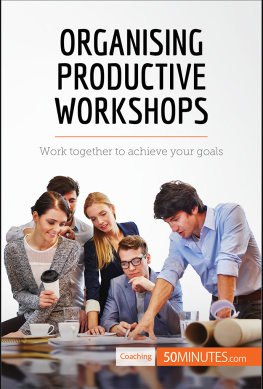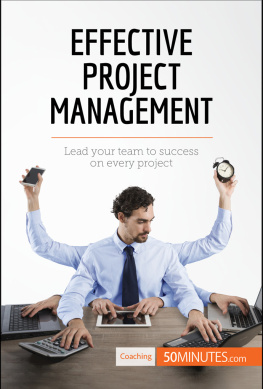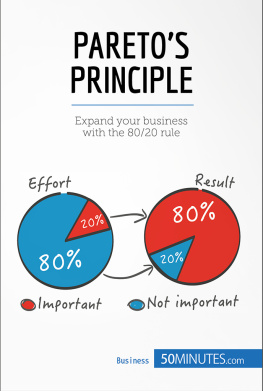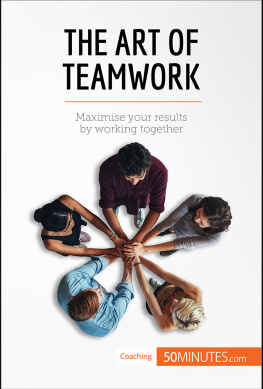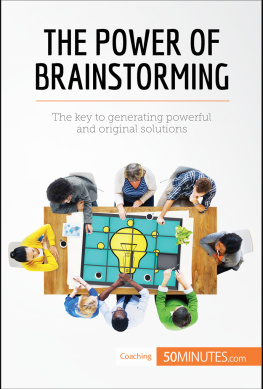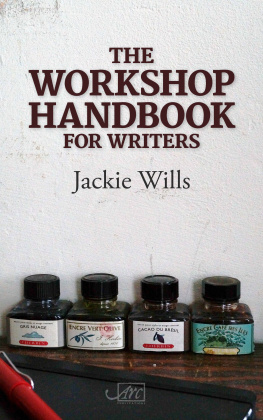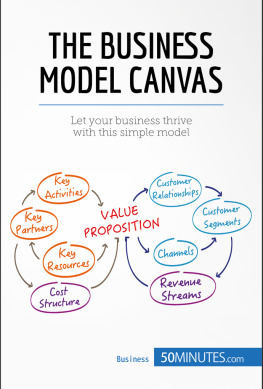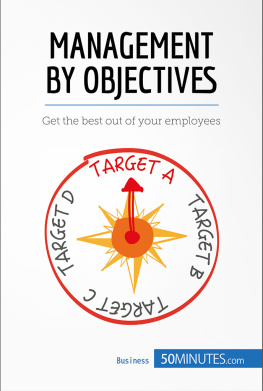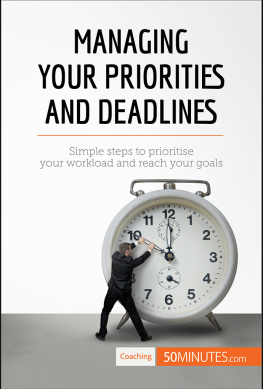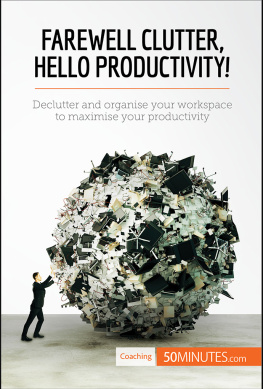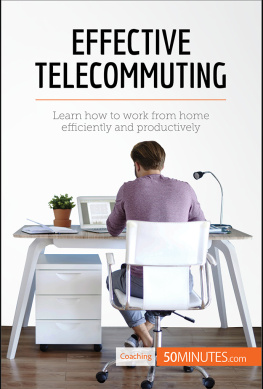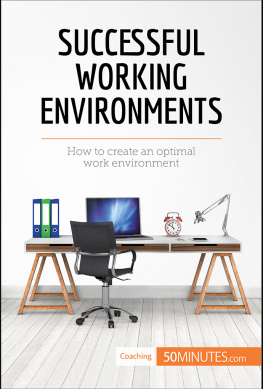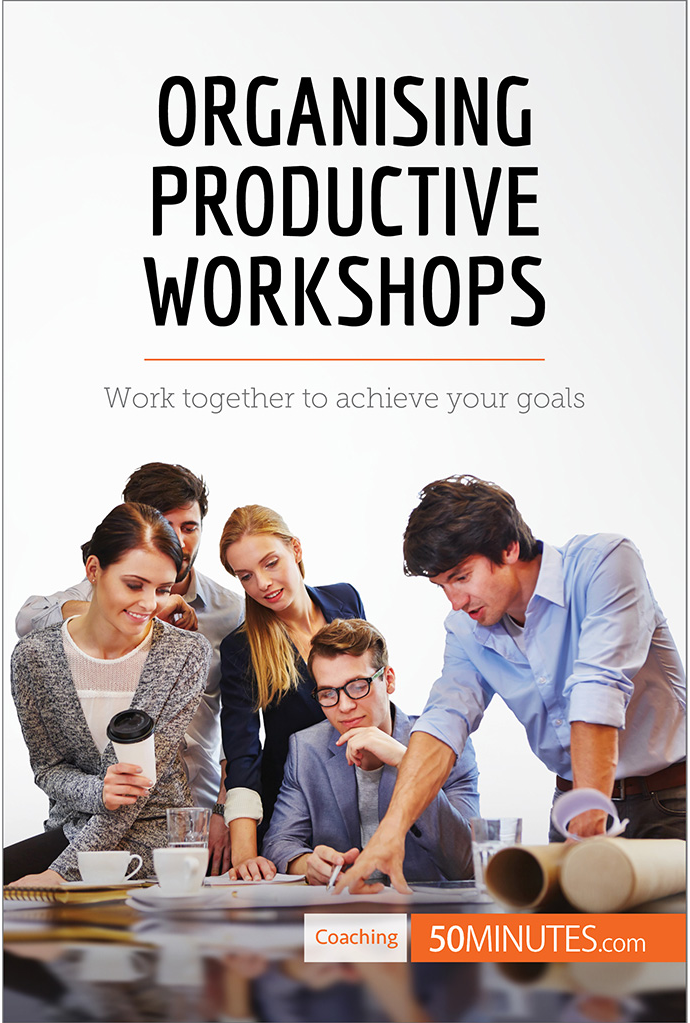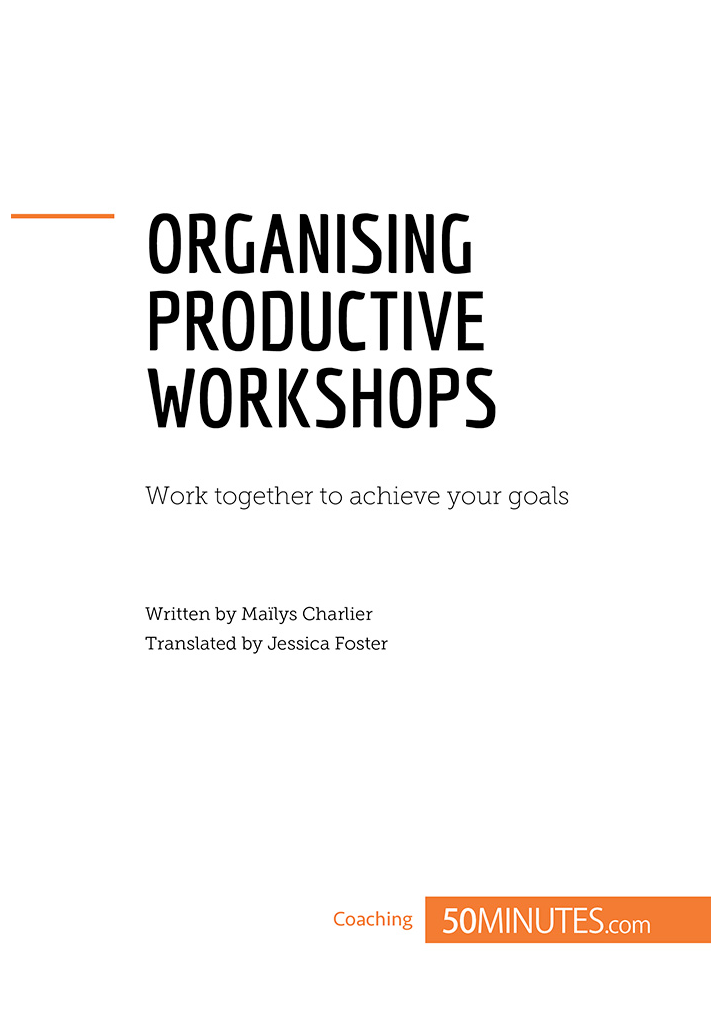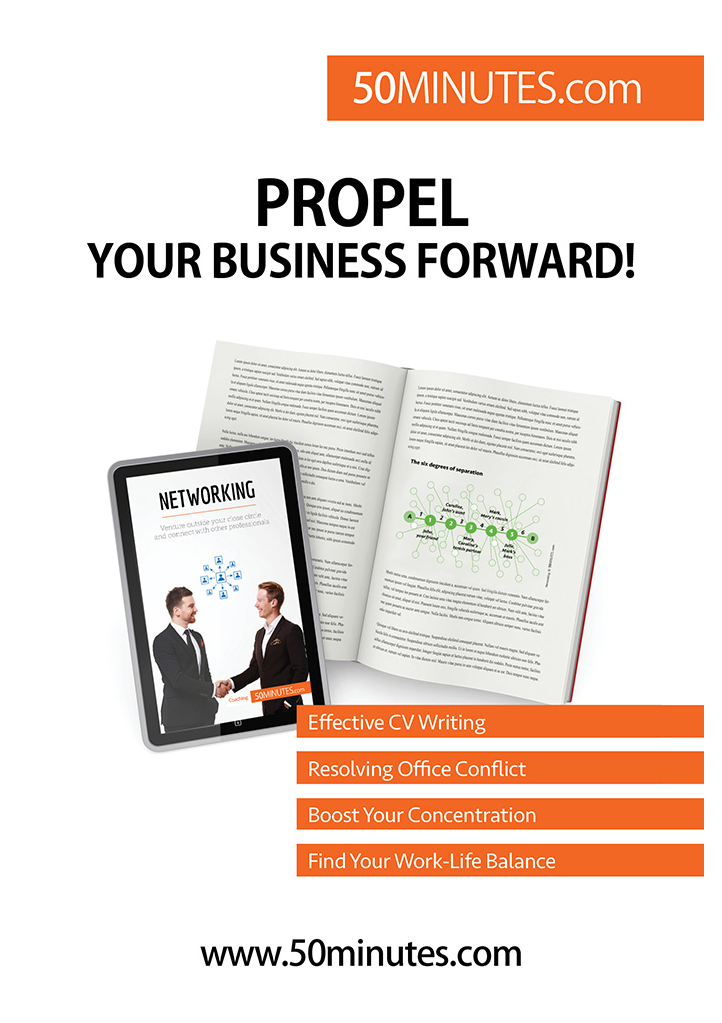What is a workshop? You have undoubtedly heard this word before, but its meaning may still seem a little vague to you. It is not, as you might think, anything to do with shopping. It is in fact an event at which several specialists and amateurs come together to work on a precise, predefined topic. At a time in which project management and team leading are developing considerably in businesses, workshops can be an indispensable and extremely useful tool.
Would you like to train your team in new technologies? Refresh your social media skills? Standardise your businesss marketing strategy? Workshops can help you to reach new objectives. Indeed, this interactive gathering promotes the exchange of ideas between experts and beginners. All you have to do is decide on a subject, invite appropriate people and get everyone talking. And what better way to learn about a speciality than to discuss it with professionals?
Starting now, this short guide will teach you how to plan and organise an effective workshop thanks to the keys to success!
Organising a workshop: the basics
What you need to know
What is the point of a workshop?
There are many benefits of a workshop:
- informing people and making knowledge accessible
- learning new skills
- developing creativity
- innovating
- resolving specific problems.
Within a company, a workshop can be organised in order to more easily find a solution to a recurring problem or to explore a new way of working. For example, in order to redefine a companys web strategy, a workshop can bring together all the people in the company who are involved in this area (IT technicians, analysts, community managers, communications supervisors, etc.). It therefore has a double function: reinforcing a feeling of belonging to the team and motivating employees.
Creating a work bubble
Group dynamic is one of the essential elements of a good workshop, as the teams cohesion and the projects success depend on it. As the management specialists Anca Metiu and Nancy P. Rothbard point out in a study published in 2012 entitled Task Bubbles, Artefacts, Shared Emotion, and Mutual Focus of Attention: A Comparative Study of the Microprocesses of Group Engagement , a workshop will be more effective and productive if a work bubble is created. The two authors illustrate that problem resolution tends to happen after interactions within small, temporary groups in which there is a strong group engagement.
This work bubble allows the group to stay solid and not be influenced by external factors. The participants, generally assembled into small groups, learn more quickly due to this group dynamic; information is more easily assimilated, which allows increased motivation and creativity of each individual. During your workshop, try to increase the number of interactions and encourage collaboration among participants in order to create this bubble.
The key players
In order for your workshop to work, you also need to enlist the help of experts who will share their experience and know-how. An organiser must be present to coordinate the activities, supervise the participants and assist the experts. For shorter workshops (a few hours long), usually only one organiser is needed. They will manage the schedule and announce when the session is over. If a workshop is longer than one day, it is essential to have additional help, preferably in the form of a communications specialist. This second person will be in charge of the participants and the logistics of the workshop so that the organiser is free to prepare the sessions.
Is a short or long workshop preferable?
Depending on your needs and objectives, the length of the workshop may vary from a few hours to several days.
- The shorter the workshop, the more necessary it is for the organiser(s) to be well-prepared and attentive in order to create this work bubble, which is essential to the workshops success.
- The longer the workshop, the more depth the subject will be explored in. This also gives the participants time to get to know each other better, talk and ask the experts their questions. Obviously, if the workshop will last several days, breaks will be necessary so that the work sessions are not too intense.
Things to avoid
To avoid a bad atmosphere settling over a group, the organiser needs to ensure that they are maintaining a positive dynamic overall. Indeed, if some participants are not motivated or are afraid to put forward their ideas, the negative effect can spread to all the other individuals.
The 7Ps theory
The 7Ps theory, put forward by James Macanufo, one of the authors of the famous work Gamestorming, allows us to identify the essential elements of a workshop.
- Purpose: what is the workshops purpose? Why has it been organised?
- People: who will be there? What are their targets? What are everyones roles?
- Product: in what way will it be beneficial?
- Process: what activities are planned? What is the workshops schedule?
- Preparation: should the participants do some preparation work? Do you need to provide documents for them to do this?
- Practical concerns: what do you have to think about in terms of logistics? Do you have to book a room? Do you need catering?
- Pitfalls: what risks are there? How should you manage or avoid them?
Becoming a good organiser
To manage your workshop as best as possible:
- Be diplomatic, this is the best way to respond to the needs and demands of everyone. Try to reach a consensus in order to defuse conflicts.
- Anticipate all situations or potential problems. This will avoid not having solutions if unforeseen events arise.
- Stay enthusiastic to pass on your motivation to the participants and encourage a productive atmosphere in the workshop.
- Communicate, as you have all the information. It is important not to forget anything and to provide everything for the participants and experts.
- Do not succumb to stress: this will help you to better manage potential conflicts or unforeseen circumstances.
When organising a workshop, there are endless questions and problems. You have to be able to resist stress to deal with the situation and quickly propose solutions. (Abigail, event organiser) - Show empathy, as this will have an effect on the participants moods.

